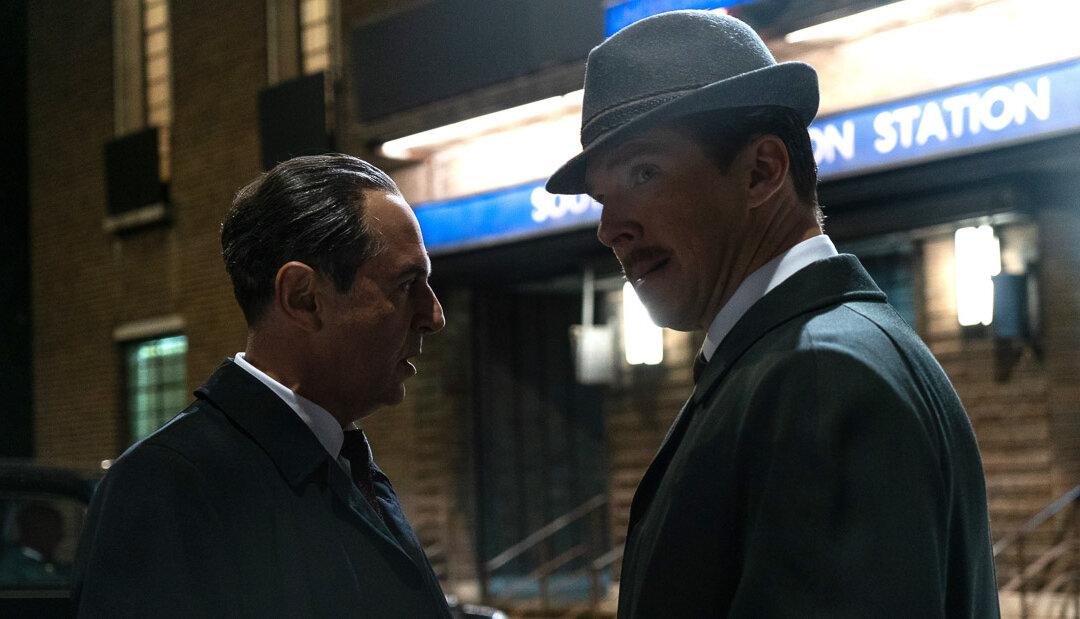His father was an officer in the White Army, but Oleg Penkovsky’s military service during the Winter War and WWII earned him the trust and confidence of the Communist Party, allowing him to rise high in the ranks of the GRU (military intelligence). His decision to supply sensitive information about Khrushchev’s plan to deploy nuclear missiles in Cuba is considered a crucial turning point in the Cold War. (Plus, in Tom Clancy’s novels, he is also responsible for recruiting the titular double-agent in “The Cardinal of the Kremlin.”)
Penkovsky (Merab Ninidze) played a risky game, but his partner, Greville Wynne, was an amateur recruited precisely because he would not act like a spy. Their cloak-and-dagger relationship is the focus of Dominic Cooke’s historical espionage thriller “Ironbark,” which had its world premiere at the 2020 Sundance Film Festival.





